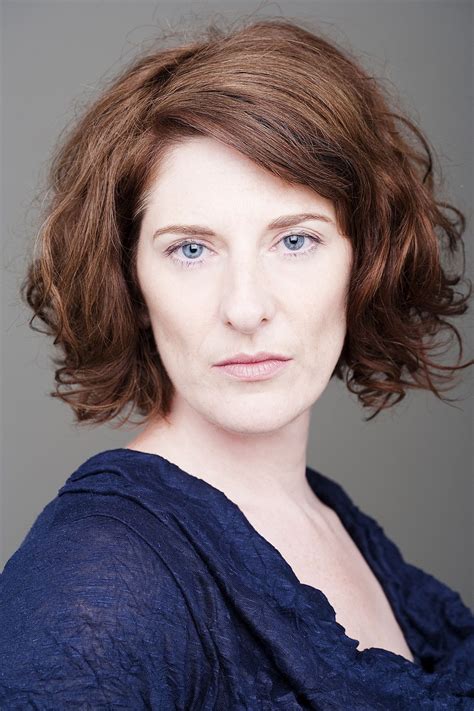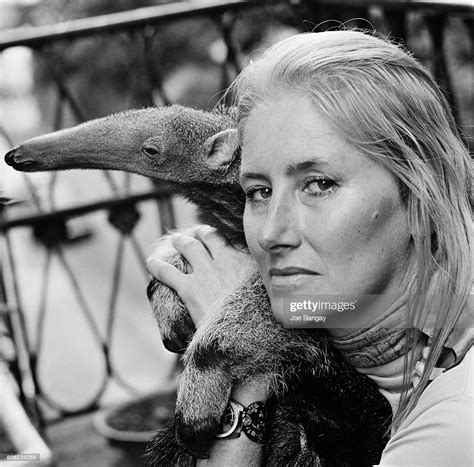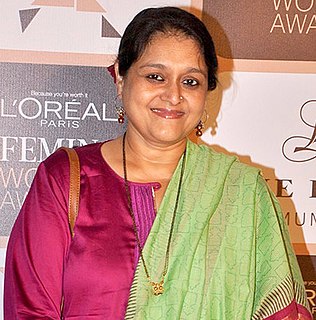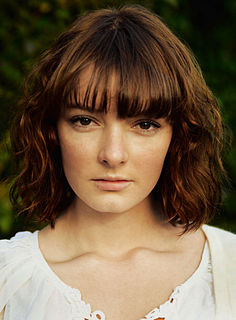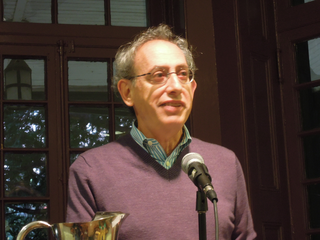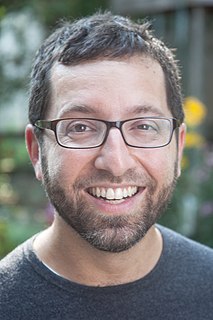A Quote by Hisham Matar
Whenever I was encouraged by my elders to pick up a book, I was often told, 'Read so as to know the world.' And it is true; books have invited me into different countries, states of mind, social conditions and historical epochs; they have offered me a place at the most unusual gatherings.
Related Quotes
I have learned that my assignment is to write books for people who do not like to read books. I really try to connect with people who are not given to spending a lot of time with an open book. Pay day to me is when somebody comes up to me and says, "I never read books but I read yours." I have a heart for that person.
Our parents, our tribesman, our authority figures, clearly expect us to be bad or anti-social or greedy or selfish or dirty or destructive or self-destructive. Our social nature is such that we tend to meet the expectations of our elders. Whenever this reversal took place and our elders stopped expecting us to be social and expected us to be anti-social, just to put it in gross terms, that's when the real fall took place. And we're paying for it dearly.
I suppose that it was inevitable that my word-base broadened. I could now for the first time pick up a book and read and now begin to understand what the book was saying. Anyone who has read a great deal can imagine the new world that opened. Let me tell you something: from then until I left that prison, in every free moment I had, if I was not reading in the library, I was reading in my bunk. You couldn’t have gotten me out of my books with a wedge...Months passed without my even thinking about being imprisoned. In fact, up to then, I never had been so truly free in my life.
I didn't really like reading much before I did 'The Golden Compass'. But then my teacher told me to read it. And I thought, 'Oh God, I'm going to have to read a whole book by myself!' It's not that I couldn't read, it's just that I didn't really like books very much. But the book that she lent me I really enjoyed.
It takes me about a week and a half to read the typical book. I don't know how many ten-day spans I have left. Eventually the unread books on my shelves will have to be abandoned, or they will join me on the pyre. The book I'm about to purchase may be among them. We all buy books we won't live to read.
The book, as it stands, seems to me to be one of the most frightful muddles I have ever read, with scarcely a sound proposition in it beginning with page 45 [Hayek provided historical background up to page 45; after that came his theoretical model], and yet it remains a book of some interest, which is likely to leave its mark on the mind of the reader. It is an extraordinary example of how, starting with a mistake, a remorseless logician can end up in bedlam.
When Paul [Greengrass] was writing, he'd send me story ideas that he had. He was particularly interested in social movements and revolutions that had been happening all over the world, and how computers and the internet had helped those movements. He encouraged me to read a book about Anonymous, the hacker group called "white hat" hackers, meaning they're driven by ideology and social disruption as opposed to just greed.
I still love books. Nothing a computer can do can compare to a book. You can't really put a book on the Internet. Three companies have offered to put books by me on the Net, and I said, 'If you can make something that has a nice jacket, nice paper with that nice smell, then we'll talk.' All the computer can give you is a manuscript. People don't want to read manuscripts. They want to read books. Books smell good. They look good. You can press it to your bosom. You can carry it in your pocket.
The more I write, the more I've come to realize that books have a different place in our society than other media. Books are different from television or film because they ask you to finish the project. You have to be actively engaged to read a book. It's more like a blueprint. What it really is, is an opportunity... A book is a place where you're forced to use your imagination. I find it disappointing that you're not being asked to imagine more.

